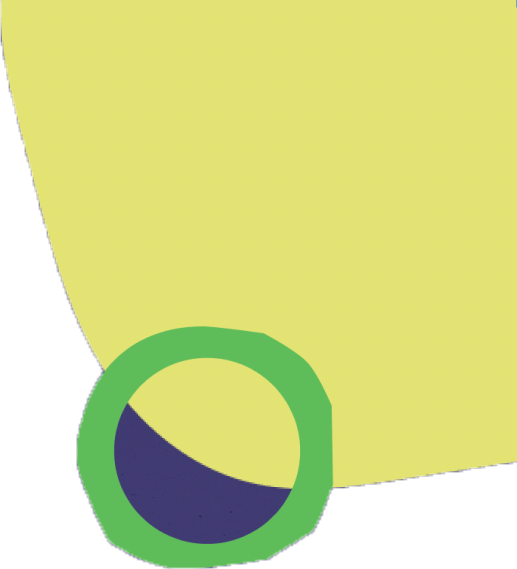Let's Talk Cannabis
Get to know the facts about weed and how it impacts health and well-being.
From the Maine Office of Cannabis Policy

What to know about cannabis
Whether you’re looking for cannabis facts or tips for starting a conversation around weed, here’s everything you need to know.

Young Adults
Know the risks of using weed
Signs of dependency are hard to see. Learn how constantly using weed can have long-term impacts on your brain.
Get the facts.svg)
Parents and Mentors
Know how to talk with teens
Kids are less likely to try weed when their parents talk to them about the health risks. Learn the facts to start the conversation.
Get talking tips



Additional Resources
Substance Abuse and Mental Health Services Administration
Provides information on the risks of cannabis use
Visit the site
Centers for Disease Control and Prevention
Provides data, information, and FAQs on cannabis
Visit the site
